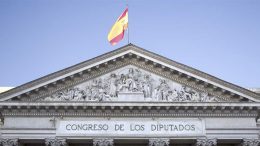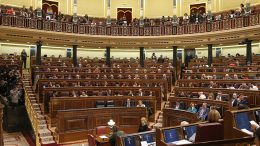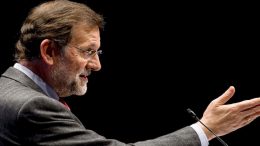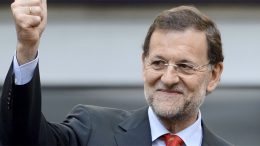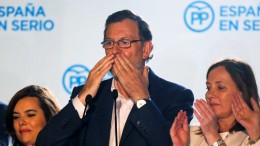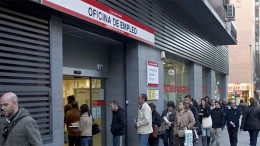Spanish Politics: Ten Lost Months
Mr Rajoy has appointed his new cabinet ministers on Friday. When we talk about governance in Spain, with what is clearly a minority government, the socialist party’s participation in this future looks inevitable. And only then will we witness its capacity for reinvention and getting past the slogans.

